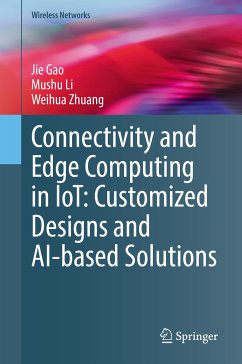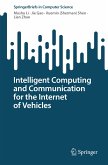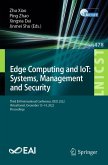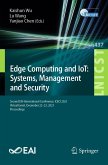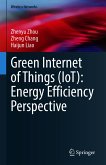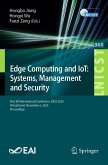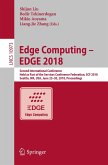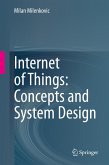Jie Gao received the M.Sc. and Ph.D. degrees in electrical and computer engineer from the University of Alberta, Edmonton, AB, Canada, in 2009 and 2014, respectively. He joined the Department of Electrical and Computer Engineering, Marquette University, Milwaukee, WI, USA, as an Assistant Professor in August 2020. He was a Research Associate with the University of Waterloo, Waterloo, ON, Canada, from 2019 to 2020 and a Postdoctoral Fellow with Ryerson University, Toronto, ON, Canada, from 2017 to 2019. His research interests include machine learning for communications and networking, Internet of Things (IoT) and industrial IoT solutions, and next-generation wireless networks in general. Dr. Gao is a Senior Member of the IEEE, an Editor for IEEE Access and Springer Peer-to-Peer Networking and Applications, a Co-Chair for IEEE VTC 2021 Fall Workshop on Autonomous Vehicular Networking, and a TPC member for IEEE ICC (2018-2022), IEEE WCNC (2019-2022), and IEEE VTC (2020,2021).
Mushu Li received the B.Eng. degree from the University of Ontario Institute of Technology (UOIT), Canada, in 2015, the M.Sc. degree from Ryerson University, Canada, in 2017, and the Ph.D. degree in Electrical and Computer Engineering from the University of Waterloo, Canada, in 2021. She is currently a research associate at the Department of Electrical and Computer Engineering at the University of Waterloo. Her research interests include mobile edge computing, system optimization in wireless networks, and machine learning-assisted network management. She was the recipient of NSERC Canada Graduate Scholarships (CGS) in 2018, and Ontario Graduate Scholarship (OGS) in 2015 and 2016, respectively.
Weihua Zhuang received the Ph.D. degree in electrical engineering in 1993 from the University of New Brunswick, Canada. She has been with the Department of Electrical and Computer Engineering, University of Waterloo, Waterloo,ON, Canada, since 1993, where she is a University Professor and a Tier I Canada Research Chair in Wireless Communication Networks. Dr. Zhuang was a recipient of the 2021 Women's Distinguished Career Award from the IEEE Vehicular Technology Society, 2021 R.A. Fessenden Award from the IEEE Canada, 2017 Technical Recognition Award in Ad Hoc and Sensor Networks from the IEEE Communications Society, and a co-recipient of several Best Paper Awards from IEEE conferences. She was the Editor-in-Chief of the IEEE Transactions on Vehicular Technology from 2007 to 2013, Technical Program Chair/Co-Chair of IEEE VTC 2017/2016 Fall, and Technical Program Symposia Chair of IEEE Globecom 2011. She is an elected member of the Board of Governors and Vice President for Publications of the IEEE Vehicular Technology Society. She was an IEEE Communications Society Distinguished Lecturer from 2008 to 2011. Dr. Zhuang is a Fellow of the IEEE, Royal Society of Canada, Canadian Academy of Engineering, and Engineering Institute of Canada.

